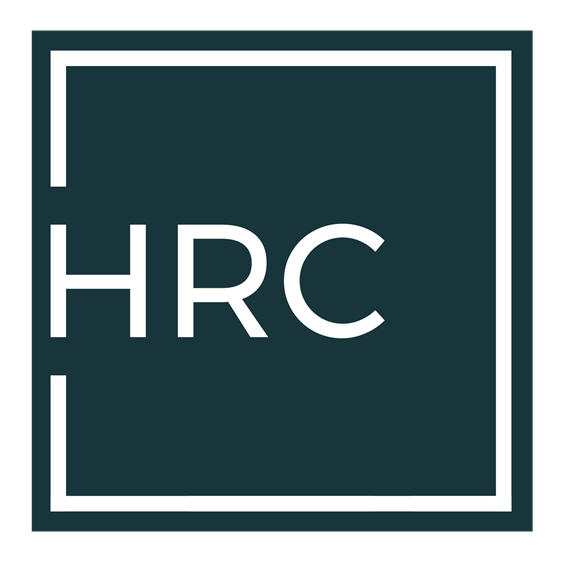Frequently Asked Questions
Does my nonprofit need an audit?
Great question! Some states require nonprofit organizations to receive a financial statement audit if their revenue or assets exceed a specific threshold (Nevada is not one of them). Some donors or grantors require a financial statement audit before disbursing funding. Your organization’s bylaws or Board of Directors may require a financial statement audit for good governance. Each situation is unique, and we can assist you in making this decision.
Does my nonprofit need a Single Audit?
A Single Audit (sometimes called a Uniform Guidance Audit or Subpart F Audit) is required if your nonprofit expends $750,000 or more in federal awards (grants, loans, or other federal assistance) during your fiscal year. The threshold increases to $1,000,000 for fiscal years beginning on or after October 1, 2024, which include September 30, 2025 year-ends, December 31, 2025 year-ends, and June 30, 2026 year-ends.
What are donor restrictions?
Net Assets With Donor Restrictions – funds that must be used for specific purposes or time periods as designated by donors. Only external donors and grantors can provide restricted resources.
Net Assets Without Donor Restrictions – funds that are available for general use at the nonprofit’s discretion. These include resources for which the Board of Directors or other internal parties have designated for a future use.
Does my nonprofit need to file a Form 990?
Most tax-exempt organizations have a Form 990 filing requirement. Each situation is unique, but typical Form 990 filing thresholds are:
Form 990N — gross receipts (revenues before expenses) less than or equal to $50,000
Form 990-EZ - gross receipts less than $200,000 or assets less than $500,000
Form 990 - gross receipts greater than or equal to $200,000
Form 990-T - unrelated business income greater than or equal to $1,000
It is important to note that failure to file the required Form 990 for three consecutive years results in automatic revocation of tax-exempt status.
